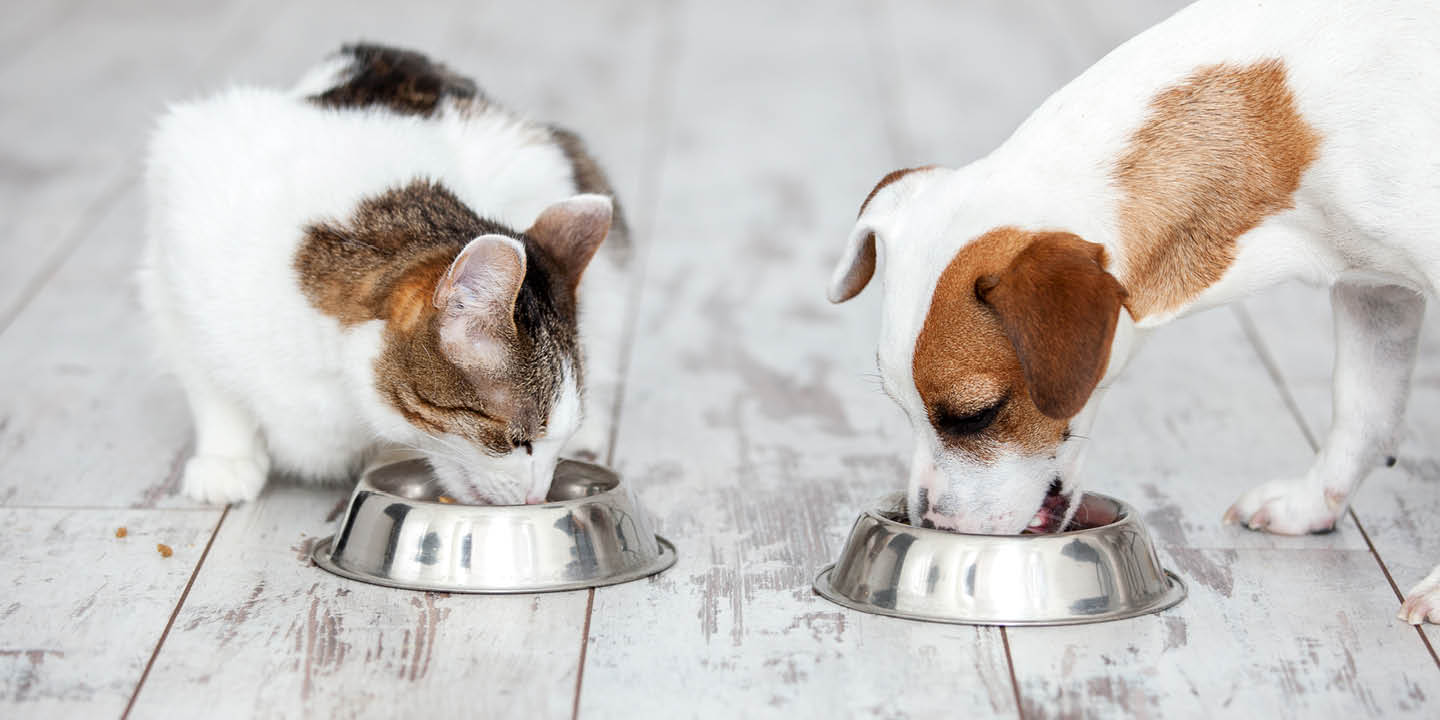
Nutrition for skin
Understanding how nutrition affects skin and hair is important to ensure a healthy skin barrier is maintained. Learn how nutrition can help soothe the scratch.

Kidneys are important organs that play a vital role in regulating processes in the body - from removing waste products and toxins in the blood, balancing hydration, essential minerals, electrolytes and protein levels, to influencing blood pressure, and of course, producing urine. The health of the kidneys impacts many different systems within the body.
Changes to the kidney can happen quickly or progressively over time. Damage to the kidneys is irreversible, and changes the way the kidneys function, leading to a range of symptoms showing up in our pets. These signs tend not to be obvious until around 70% of the kidney is already damaged! This is one of the reasons why regular check ups with your veterinarian are so important, especially as your pet ages. While it is the most common disease we see in older cats, it can also affect dogs and pets of any age.
At your veterinarian appointment, your vet will ask some questions about your pet’s health and behaviour, so it can be useful to record when you notice these changes occurring. Your vet will also conduct a physical examination. This information, along with a blood test, analysis of the urine, blood pressure test and other relevant tests can help to determine a diagnosis and allow your vet to create a treatment plan personalised to your pet.
Regular check ups allow earlier recognition of changes to kidney function. This means earlier treatment or management can be implemented and your pet can have a better quality of life for longer. Some of the symptoms shown can be seen in a number of conditions, so visiting your vet is vital for getting a proper diagnosis which will determine the best care for your pet.
Unfortunately, kidney disease is irreversible, however with careful management and monitoring, pets can continue to have a good quality of life.
Some management options your veterinarian may recommend include:
If your pet is showing any of these symptoms, contact your local Animates Vetcare clinic to book an appointment.

Understanding how nutrition affects skin and hair is important to ensure a healthy skin barrier is maintained. Learn how nutrition can help soothe the scratch.